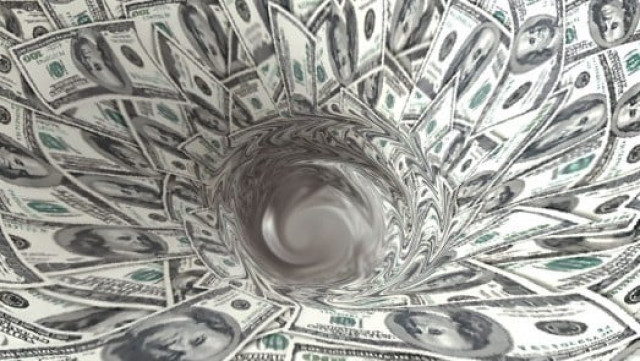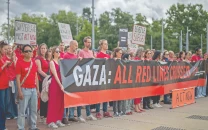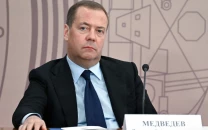Financial crisis fuels unrest, crime, but war risk eases

The 2010 Global Peace Index - which examines several dozen indicators from the crime rate to defence spending, conflicts with neighbouring states and respect for human rights - showed an overall reduction in the level of peacefulness.
The key drivers were a five per cent rise in homicide, more violent demonstrations and a perceived greater fear of crime. "We have seen what looks like a direct impact from the crisis," Steve Killelea, the Australian entrepreneur behind the index, told Reuters. "At least some unrest is probably unavoidable but the important thing is to target measures to keep it to a minimum."
That could mean ensuring any economic pain was equitably shared across society, he said, to maintain social cohesion. Perhaps as a result of the more cash-strapped times, defence spending as a percentage of gross domestic product was down to its lowest in four years with countries also showing generally better relations with their neighbours. "In most areas of the world, war risk seems to be declining," he said. "That is very important."
The index is compiled by the Institute for Economics and Peace based on data From the Economist Intelligence Unit. They estimate violence costs the global economy $7 trillion a year. A 25 per cent reduction in violence would save about $1.7 trillion a year, enough to pay off Greece's debt, fund the United Nations millennium development goals and pay for the European Union to reach its 2020 climate and carbon targets.
"There are such clear economic benefits to peace and it is something investors are now looking at much more closely," he said, adding that some were using the index alongside the World Bank governance indicators and other key rating systems to inform investment decisions.
New Zealand "Most Peaceful"
The struggling euro zone economies of Portugal, Ireland, Italy, Greece and Spain showed a particular rise in unrest risks, while Africa and the Middle East were the only two regions to have become safer since the survey began in 2007. Africa had seen a drastic fall in the number of armed conflicts and an improvement in relations between neighbours, he said, overshadowing the impact of greater crime.
Better ratings for the Middle East and North Africa came primarily from improving relations between nations. The picture was still mixed for both regions.
Ethiopia topped the list of "most improved" countries in 2010 while the world's least peaceful countries were listed as Iraq, Somalia, Afghanistan and Sudan.
New Zealand was listed as the world's most peaceful country, followed by Iceland and Japan. The worst performing region since 2007 has been South Asia, with conflict in Sri Lanka, Pakistan and India hitting ratings. Russia's rating was reduced by ongoing tensions with Georgia after their short war in 2008, while China was undermined by a rising risk of social unrest and increased defence spending, up some 15 per cent in the last year.
The United States accounted for 54 per cent of global military spending, he said, with its conflicts in Iraq, Afghanistan and elsewhere a potentially damaging distraction. "You can easily make a case that if the United States had not been so be occupied with war in recent years they could have put much more energy and thought into the economy," Killelea said." Then we might not be where we are today."



















COMMENTS
Comments are moderated and generally will be posted if they are on-topic and not abusive.
For more information, please see our Comments FAQ